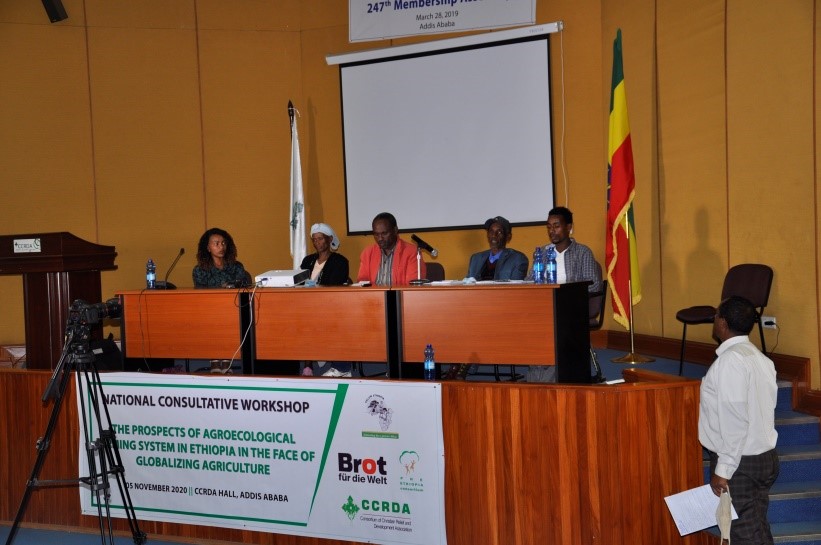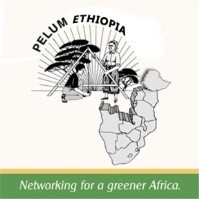Agriculture, Livelihood and Nutrition
- Seharti samre, wejerat esra adi, Atsibi and Tahtay Maichew woredas of Tigray regional state
-
Abramo Wereda of Benshangul Gumuz Regional State
-
Lode Hitosa Wereda of Afar Regional State
-
kuneba Wereda of Afar Regional State
- Debub Sodo Wereda of SNNP Regional State
-
Wereda 10,14 of Yeka Sub-city of Addis Ababa Administration

Natural Resource Management and Climate Change
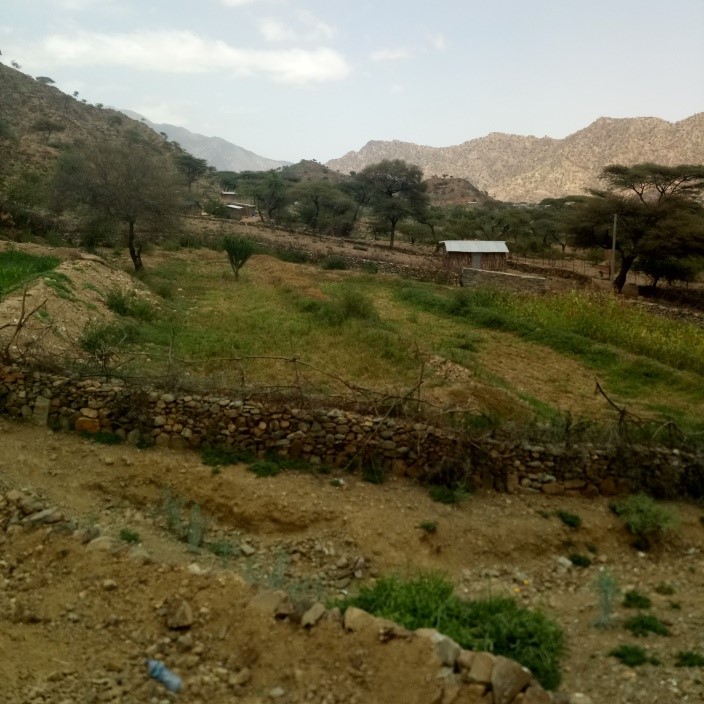
PELUM Ethiopia's approach to natural resource management is rooted in people-centered development and the respect for indigenous knowledge, achieved through the empowerment of land users. Guided by the principles of Participatory Ecological Land Use Management, PELUM Ethiopia strives for sustainable development by addressing the challenges of climate change through adaptation and mitigation strategies, particularly under smallholder management systems.
Key Programs and Projects
- Church Forest Management Project (2021–2025) This project, now in its fifth and final year, is financially supported by EOC-DICAC. It focuses on the conservation and sustainable management of church forests and their surrounding communities. The project operates in the following areas:
- Amhara Region: Northern Shoa Zone
- Southern Region: Welaiata Sodo, Areka, and Bele areas
- Oromia Region: Assebot, Liben Chukala, Ticho, and Assela
- Tigray Regional State: Various woredas surrounding churches and monasteries
3. Bread for the World (PADD) Project This project is being implemented in Abramo Woreda of the Benishangul Gumuz region, in collaboration with Green Love Appreciative Development (GLAD). Its primary objectives include:
- Supporting farmer communities in reducing soil acidity
- Enhancing biodiversity conservation
- Promoting agroforestry practices, bamboo plantations, and soil and water conservation
- Developing nurseries for sustainable agriculture
Achievements and Impact
These projects have brought about significant changes in the targeted areas, including improved biodiversity conservation, sustainable land use practices, and strengthened community resilience. The integration of agroforestry and innovative conservation techniques has contributed to the restoration of degraded ecosystems and the empowerment of local communities.
Knowledge Development, Dissemination, and Capacity Building
PELUM Association in general and PELUM Ethiopia in particular recognize the importance of indigenous knowledge and practices. Some of the core values of PELUM Association are people-centered development, respect for indigenous knowledge and participation. Moreover, it goes to contribute to the on-going development of knowledge, skills and methods which spread the practice of PELUM and food security; training and to share information, innovations and experiences; and, enhance the capacity of network members and partners. It gives priority to true participation of local people for community-led research, development and documentation.The most important activities are Community Learning Group (CLG). CLG is important for true participation of beneficiaries to share experience, training manual preparation, conduct research and influence policies. One good example of the project is the support of SOS FAIM (Belgium), which encourage farmers to learn from each other. A project called "AVACLIM: Agroecology, ensuring food security and sustainable livelihoods while mitigating climate change and restoring land in dryland regions" is also supported by Centre d'Actionset de Réalisation Internationales (CARI).
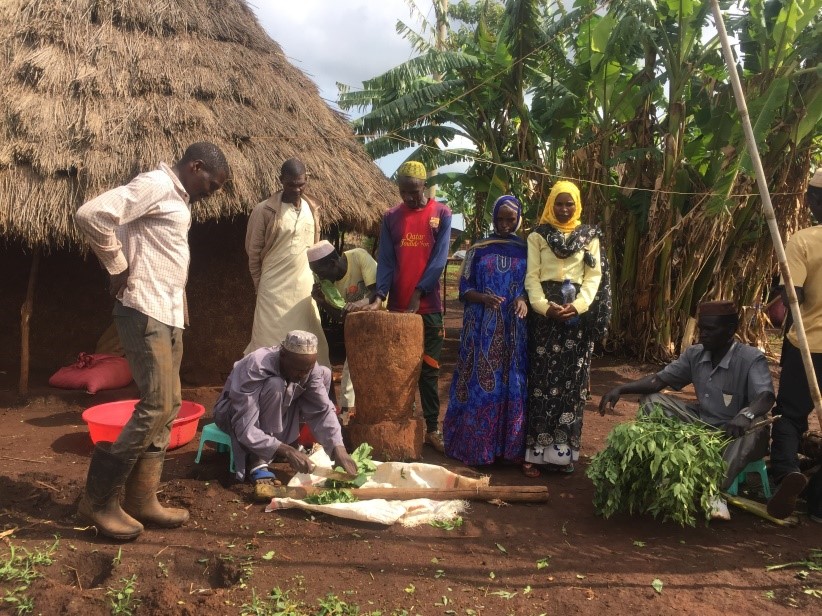
Partnership and Networking
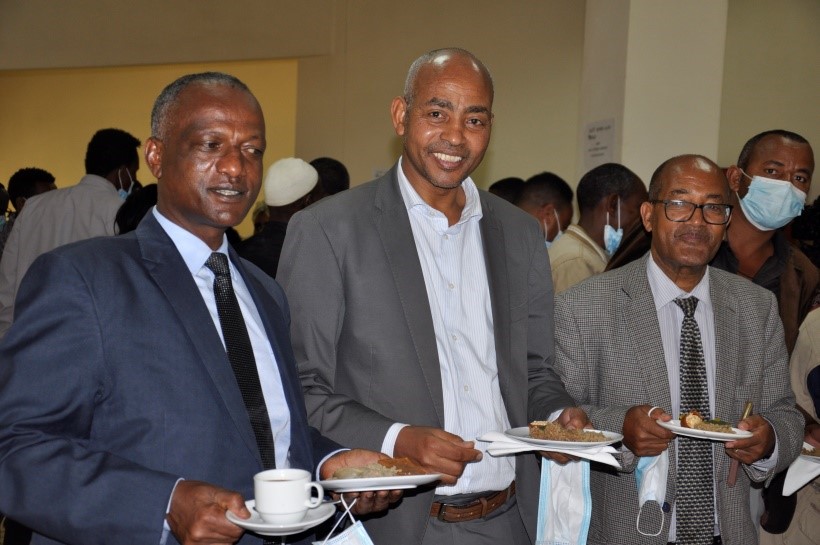
PELUM Ethiopia stands for the need for partnership and networking. This is due to: to contribute to the on-going development of knowledge, skills and methods which spread the practice of PELUM and food security; knowledge sharing and capacity building; to access to publications and materials related to training and information; to be linked to like-minded in-country and regional organizations for training and to share information, innovations and experiences; and, promoting international work-net of civil society organizations which is involved in information sharing, advocacy and lobbying and training for the benefit of countries in the South. As part of this regional network members of the Ethiopian chapter will gain such benefits and beyond in which we can exercise.
Lobby and Advocacy
In the face of climate change environment and agriculture are highly suffered due to international corporate companies by influencing internal policies. This is one way of shadowing the sovereign right of the grass-root communities. For example, the push for Genetically Modified Organism (GMOs) globally can be challenged through promoting agro-biodiversity; lobbying and advocacy to safeguard rural communities in the areas of sustainable agriculture. Therefore, we need to achieve effective and stronger voices together. There are many more agendas to confront policy gaps together with land users. At the same time PELUM Ethiopia started sensitization at all level against external influence. Against the move of engineering enset we started enset biodiversity conservation and eradicating Bacterial wilt on DebubSodoWereda, Gurage Zone at the grassroot.
